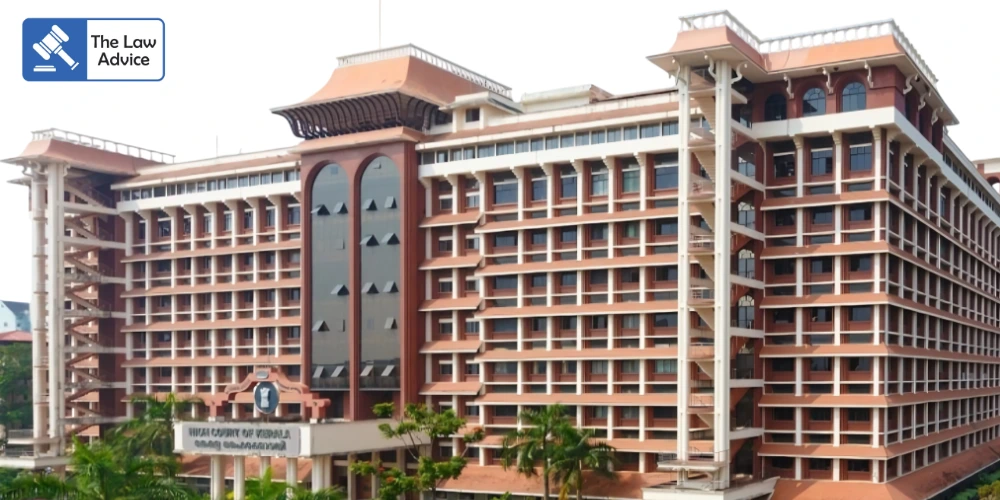The Kerala High Court recently granted bail to a young man accused of intimidating and threatening a minor, even though the petitioner had a record of involvement in 21 other criminal cases. The offenses in question include alleged violations of the Protection of Children from Sexual Offences (POCSO) Act, 2012, as well as provisions under the Scheduled Castes/Scheduled Tribes (Prevention of Atrocities) Act, 1989.
According to the prosecution, the petitioner repeatedly stalked a 15-year-old girl, initially contacting her through Instagram. The allegations further state that he threatened her with a knife, took her into a house, and forcibly kissed her. In addition, the petitioner allegedly threatened the minor and her family and took photographs of her under duress, creating immense fear and trauma for the victim.
The prosecution emphasized that the petitioner had a lengthy criminal history, including 21 prior cases encompassing serious offenses under the Narcotic Drugs and Psychotropic Substances Act, 1985, as well as theft, dacoity, and other grave crimes. Based on this record, the state argued that granting bail would be inappropriate and could potentially endanger public safety.
However, while allowing the regular bail petition, Justice Bechu Kurian Thomas highlighted several important factors that influenced the decision. First, the petitioner is relatively young, and second, he had already been in judicial custody for over 90 days. The Court emphasized that since the final investigation report had already been submitted in July 2025, continued detention would amount to punishment before conviction, which is inconsistent with the principles of criminal justice.
The Court explicitly noted:
“Though the allegations against the petitioner are serious, considering the fact that he has been in custody since 30.05.2025 and the final report was filed on 22.07.2025, further detention would amount to punishment prior to conviction. While it is true that the petitioner has been involved in 21 other criminal cases, taking into account his young age and the custodial period already served, I am of the view that he can be released on bail.”
Bail Conditions
While granting bail, the Court imposed strict conditions to safeguard the minor victim and prevent the petitioner from engaging in further criminal activity. These conditions typically include restrictions on contacting the victim, surrender of certain identification or travel documents, regular reporting to the police, and compliance with any specific directives aimed at ensuring the safety of the public.
This judgment underscores several key legal principles:
1. Pre-conviction Custody Limitations: Courts must ensure that continued detention does not amount to punishment before trial.
2. Youth Consideration: Age of the accused can be a significant factor in the balancing of liberty and public safety.
3. Completion of Investigation: When the final report or charge-sheet is already filed, unnecessarily prolonged detention may not be justified.
4. Strict Bail Conditions: Even in serious cases, courts can grant bail if conditions are imposed to mitigate risks and protect victims.
Case Details
• Case Title: Muhammed Anwarsha v. State of Kerala
• Case No.: Bail Appl. 11156/2025
• Court: Kerala High Court
• Presiding Judge: Justice Bechu Kurian Thomas
The Court’s ruling provides a nuanced example of how courts balance the seriousness of alleged offences, prior criminal record, age of the accused, and rights of the victim, ensuring that justice is not only about punishment but also about upholding fundamental principles of fair trial and proportionality.
